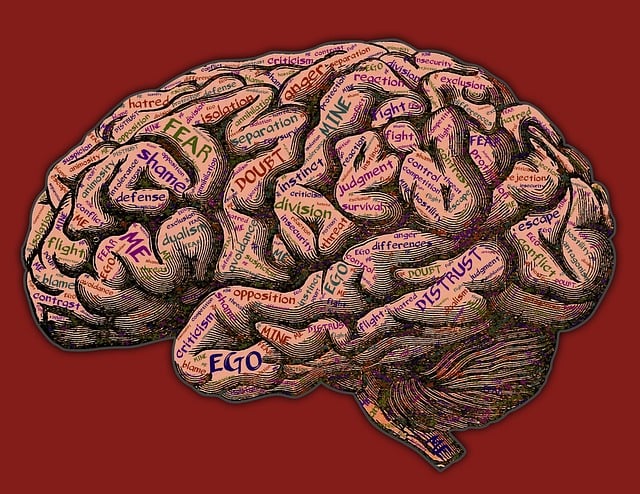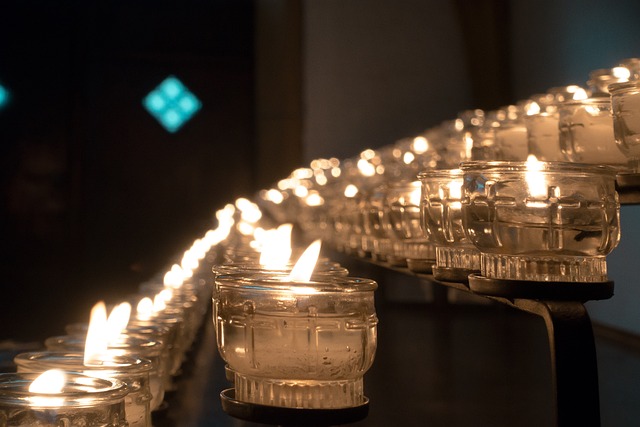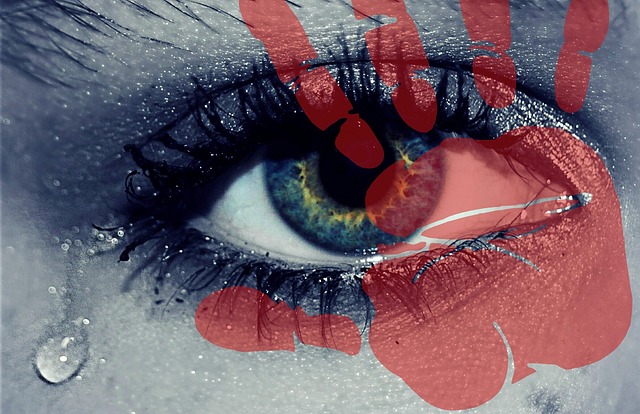As a novelist, everyone asks, “What’s your upcoming book about?” I stutter my words as I have yet to nail down that perfect elevator pitch to hook a potential reader, and I don’t want to disappoint. It is such an undertaking trying to sum it up in one sentence because people lose interest in anything more than that today. So, I thought I’d write a little about it here because society needs to discuss it more. My book, The Summer Before, is written in a different voice regarding a crime—the voice of a secondary victim. Most books are written in various tenses, from the direct victim’s or perpetrator’s perspectives. An invisible narrator is also a common theme. It can be wonderful if done well, and so many amazing works are out there. After listening to a trial that impacted me and various others during my research, I took a different approach. Hearing the families and indirect victims testify and give impact statements, I could not stop thinking about how their lives, too, have been forever changed, and I took what I’d previously been writing and flipped it on its head.
In my book, we follow the protagonist, Maddie, on her journey of seeking answers, truth, and some sprinkle of peace in a crime that took place years earlier and tore her and her best friend apart, as well as her family. Set on picturesque Martha’s Vineyard and the bustling city of Boston, The Summer Before’s protagonist is a secondary victim when a crime perpetrated against her friend has all but destroyed her life. Assault is a crime that not only affects its direct victims but also casts a long shadow over their loved ones, creating secondary victims who often remain unheard and unseen in the aftermath. Secondary victims of assault can encompass a wide range of individuals, from immediate family members to close friends, colleagues, and even witnesses. Though distinct from the primary victims, their experiences and struggles are profound and enduring.

While the primary focus understandably lies on the survivor, it’s crucial to illuminate the ripple effects reverberating through families, friends, and communities.
Secondary victims of assault can encompass a wide range of individuals, from immediate family members to close friends, colleagues, and even witnesses. Though distinct from the primary victims, their experiences and struggles are profound and enduring.
Family members, particularly parents, spouses, and siblings, often grapple with overwhelming emotions of guilt, anger, and helplessness. They may blame themselves for not being able to protect their loved one or feel a sense of powerlessness in the face of such a traumatic event. The familial dynamic may undergo significant strain as everyone tries to navigate their own emotional turmoil while supporting the survivor.
Spouses or partners of assault survivors may experience a complex mix of emotions ranging from fear, betrayal and profound sadness. They may struggle with feelings of inadequacy or resentment, unsure of how to provide the necessary support without overwhelming the survivor or neglecting their own needs.
Children who witness or learn about the assault of a family member may face lasting psychological consequences. They may grapple with confusion, fear, and a loss of innocence, struggling to comprehend the gravity of what has transpired while attempting to make sense of their disrupted world.
Close friends and colleagues of the survivor also find themselves grappling with their own emotional responses. They may feel a profound sense of empathy and compassion yet simultaneously experience feelings of helplessness and frustration at being unable to alleviate the survivor’s pain.
Furthermore, the impact of assault extends beyond immediate circles to broader communities. Communities may experience a collective sense of grief and outrage, especially in cases where the assault occurs within a tight-knit social group or a small community. This can lead to broken trust and heightened vulnerability among community members.
Moreover, secondary victims often face societal stigmatization and marginalization, compounding their distress. They may feel silenced or overlooked, their own trauma minimized in comparison to that of the primary victim. This lack of recognition can exacerbate feelings of isolation and contribute to long-term psychological repercussions.

It is imperative to recognize and address the needs of secondary victims in the aftermath of assault. Providing them with access to appropriate support services, such as counseling and therapy, can help mitigate the long-term impact of trauma. Fostering open dialogue and education within communities can help reduce stigma and ensure that secondary victims receive the acknowledgment and support they deserve.
The ripple effects of assault extend far beyond its primary victim, affecting a wide range of individuals who often remain unseen and unheard. By acknowledging the experiences of secondary victims and providing them with the necessary support, we can work towards fostering healing and resilience within communities impacted by assault.
If you’ve read any great books where the main character is a secondary victim or experience this phenomenon yourself and want to share, I would love to hear from you!









Book Box
Gift 🎁 the readers in your life a special treat with a book box from best-selling and award-winning New England author, ME…Dianne C. Braley! This unique box includes one or both signed copies of her celebrated novels, The Summer Before and The Silence in the Sound, along with exclusive book-themed swag and a charming ornament—a ⭐️ starfish or 🍋 lemon, tying in beautifully with the novels’ themes. Each 📖 book can be personalized, so just shoot us an email or DM and let us know what you’d like written for that extra-special touch. Perfect for any book lover who appreciates heartfelt stories by a bestselling authors!
Order Your Book Box Here
You have Successfully Subscribed!
No spam email, unsubscribe anytime.